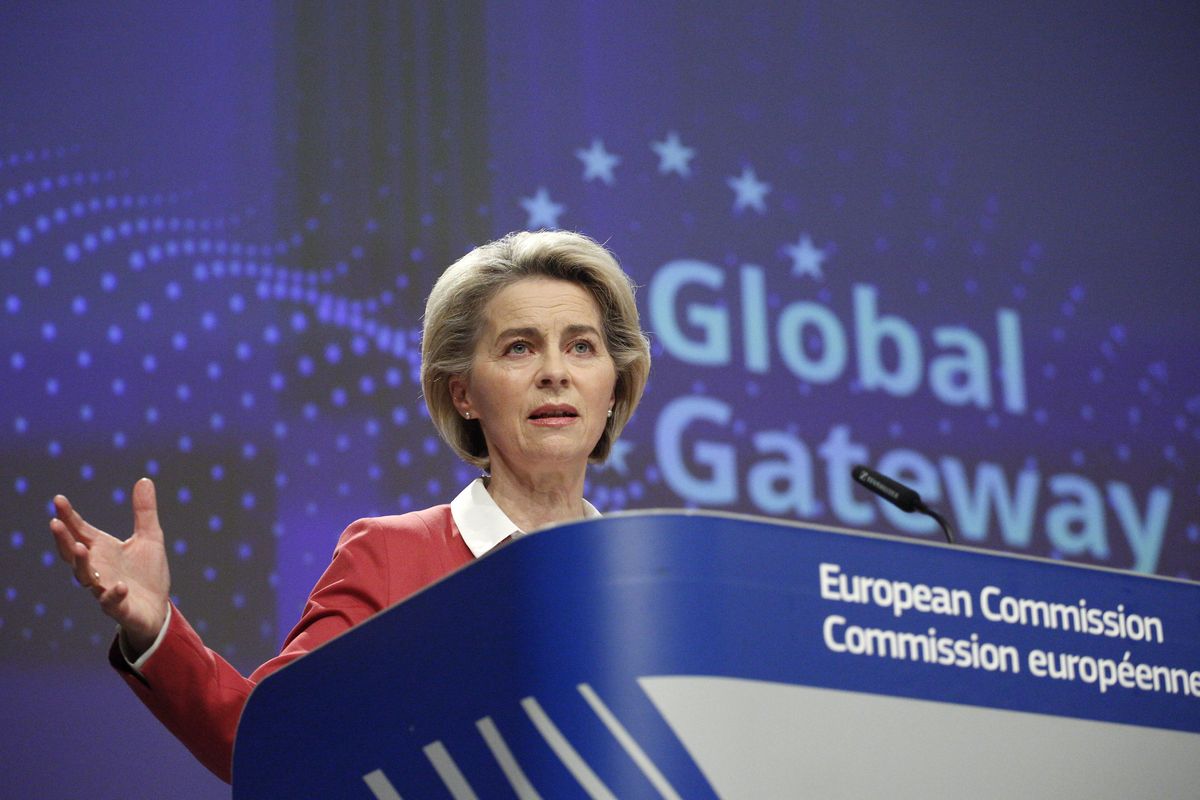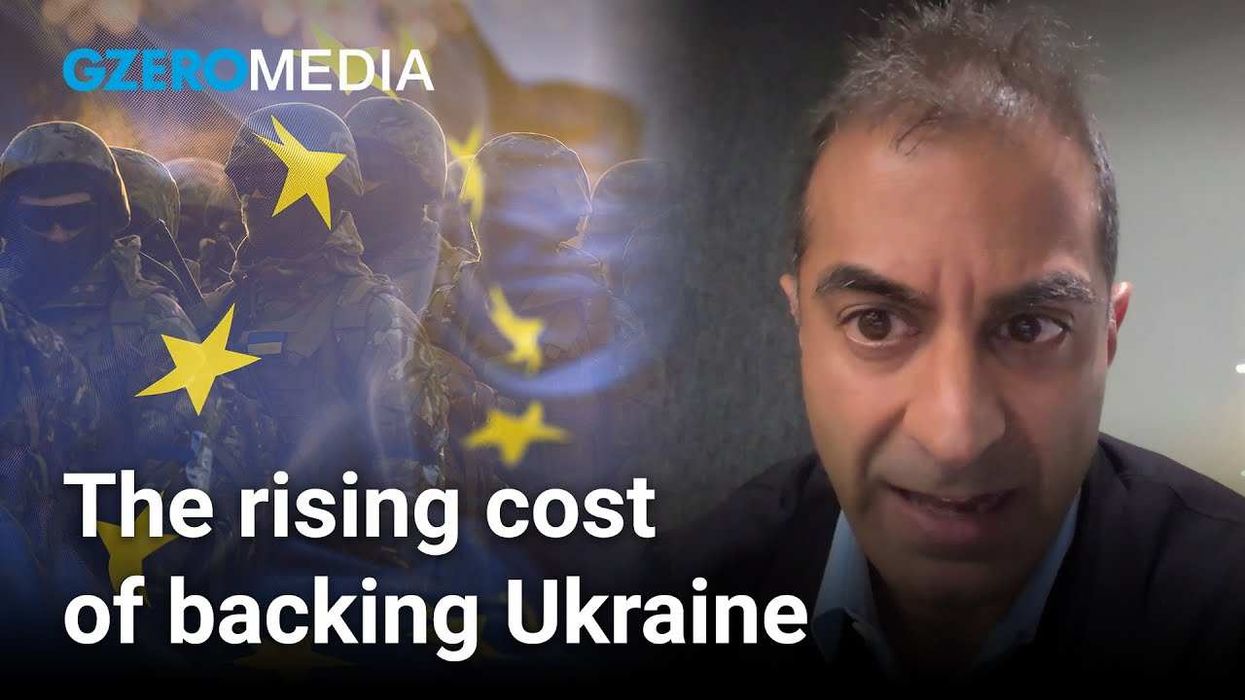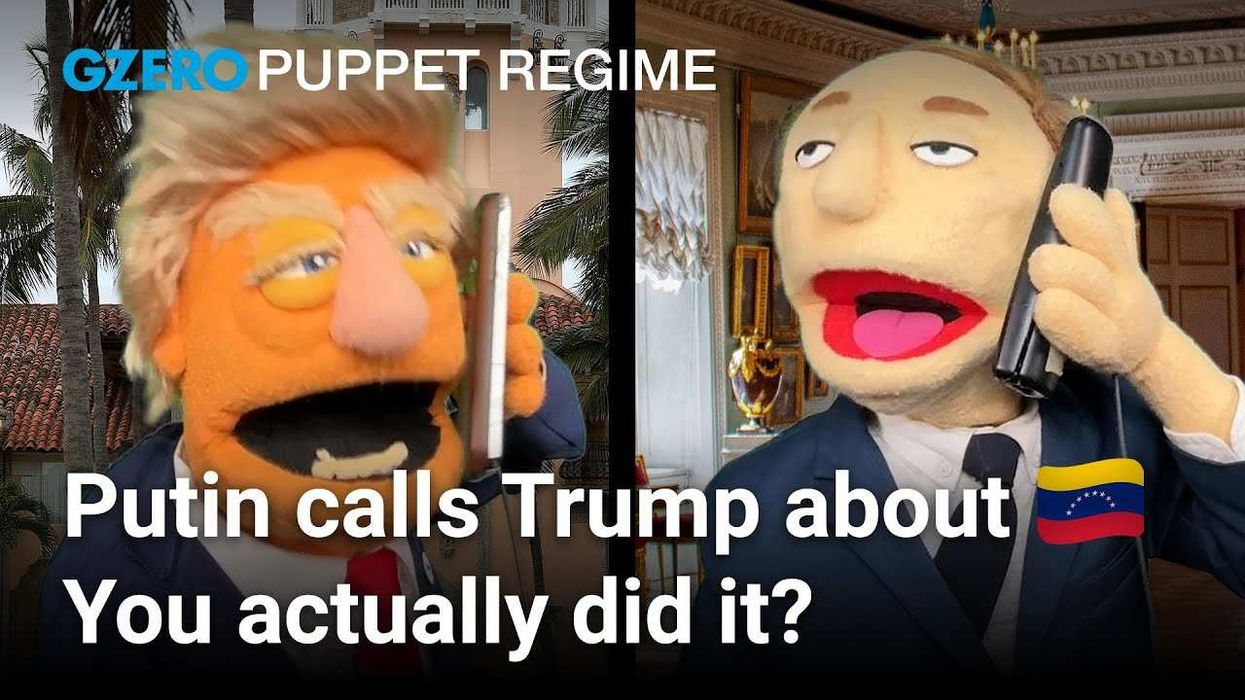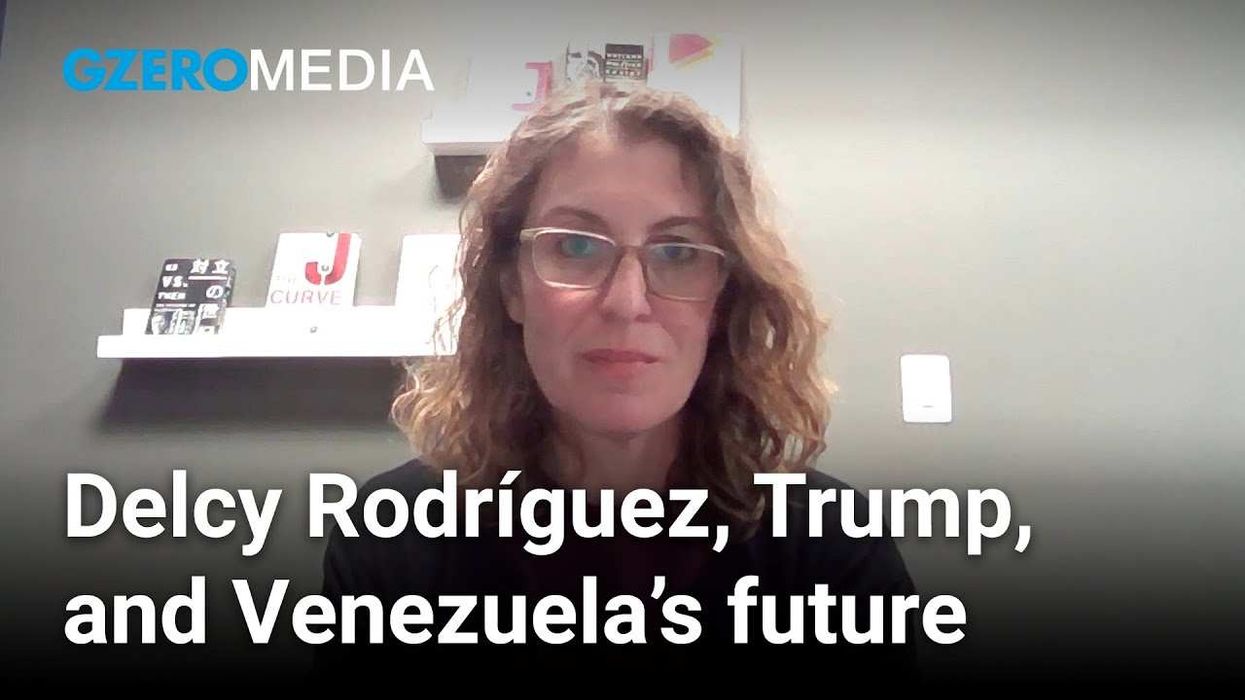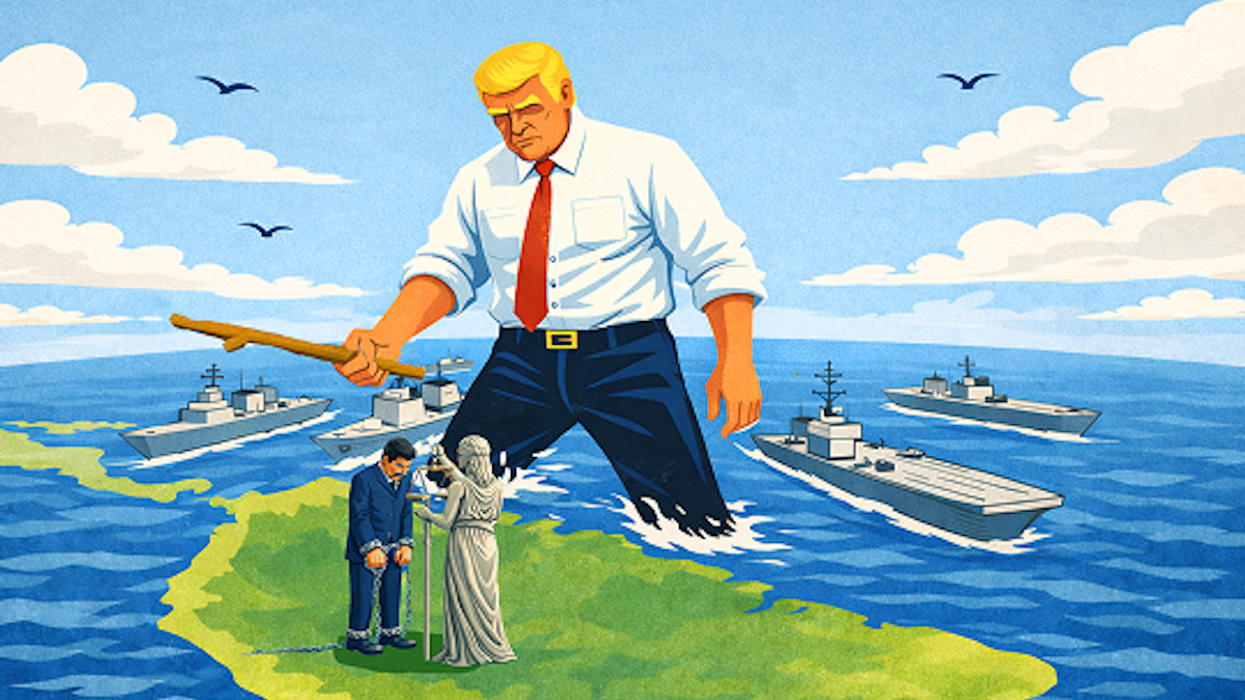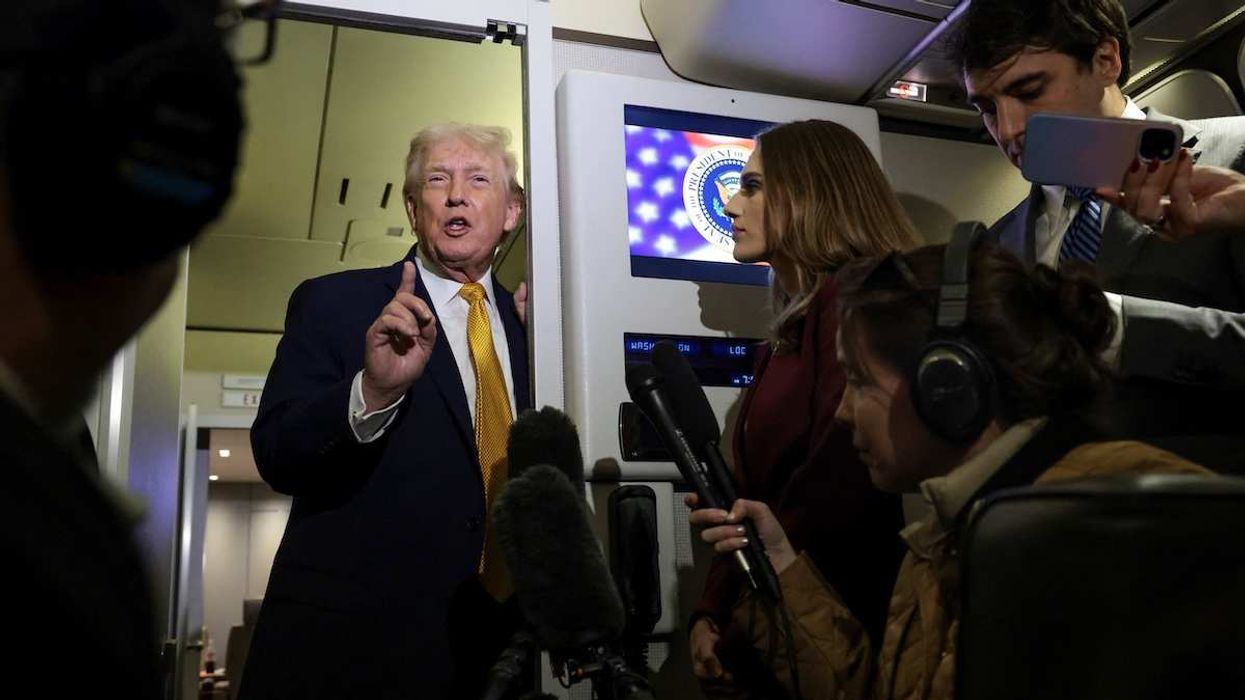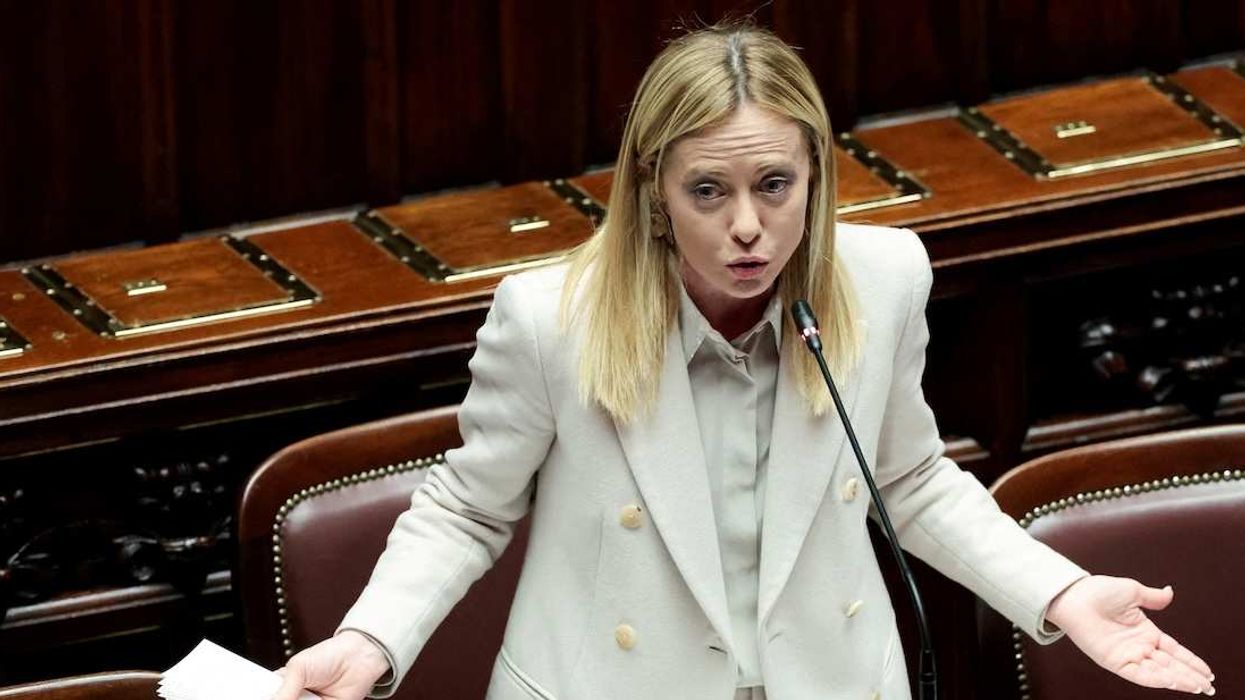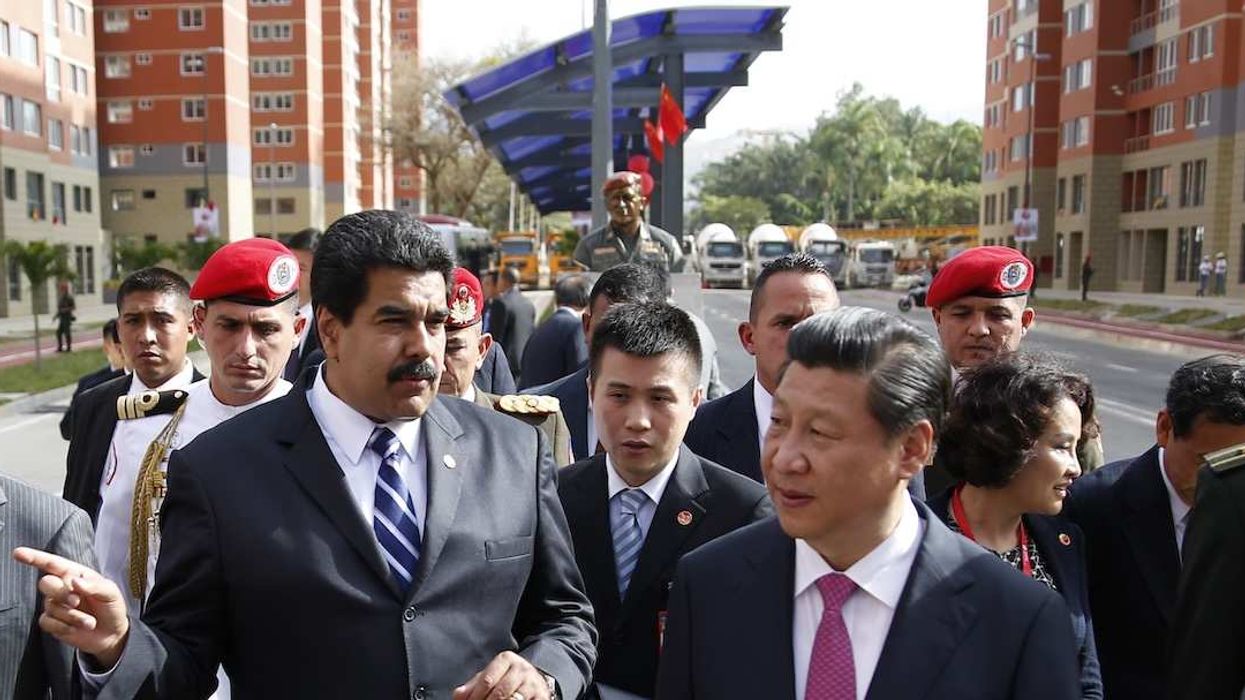The EU rivals China’s Belt and Road Initiative. The European Commission has unveiled its Global Gateways plan, which aims to invest €300 billion globally in infrastructure projects by 2027. Indeed, Brussels is positioning its plan as a better alternative to China’s ambitious Belt and Road Initiative. This announcement comes as Beijing has been steadily upping its investment in the Global South, including a pledge this week to supply Africa with an additional 1 billion COVID vaccine doses over the next three years, as well as doling out $10 billion of trade finance to support African exports. But European Commission President Ursula Von der Leyen points to several advantages for the European plan. One, Global Gateway focuses both on physical infrastructure – like fiber-optic cables, transportation, healthcare and clean energy resources – as well as investment in research and education. And unlike Beijing’s plan, which saddles recipient countries with debt, the EU will provide cash “under fair and favorable terms.” Its plan will also include buy-in from Europe’s robust private sector. Beijing has not commented on the development, but the Chinese foreign minister’s visit to Ethiopia on Wednesday was likely intended to signal Beijing’s enduring commitment to the region.
US and Russia’s tit-for-tat expulsions. Just days after Washington ordered 27 Russian diplomats and their families to leave the US over security concerns, Moscow has hit back, expelling a host of US diplomats from Moscow. This move is a big deal considering that the US Embassy in Moscow has shrunk considerably in recent years and now has around 120 staff members, down from 1,200 in 2017. This tit-for-tat move comes as Russia’s relations with the West are approaching rock bottom: Ukraine urged Washington and NATO this week to hit Moscow with new sanctions in response to the buildup of Russian troops on the Ukrainian border. Kyiv says the mobilization of 125,000 Russian troops in the Donbas region is proof that Russia plans to invade Ukraine – very soon. US Secretary of State Antony Blinken will meet Thursday with Sergey Lavrov, his Russian counterpart, to discuss the escalating situation, but Moscow has warned that any deployment of missiles in Ukraine by NATO forces would be “crossing a red line.” Indeed, a NATO miscalculation could accidentally provoke the wider conflict everyone wants to avoid.
Scholz’s COVID challenge in Germany. Germany’s Chancellor-designate Olaf Scholz is set to take over the nation’s top job at a perilous time. The COVID situation is spiraling, with the country recording 446 deaths on Wednesday. That’s the highest daily death toll in Germany in 10 months. New cases are at record high levels, too, and doctors are warning of an influx of intensive care admissions that could dwarf numbers seen during last year’s winter peak – before vaccines were rolled out. As the public health situation deteriorates, Scholz says he’d support a vaccine mandate as soon as February, vowing to put the issue before parliament. But it’s not going to be easy for Scholz to sell the idea of a vaccine mandate in a country with a complicated history surrounding forced medical treatment and experimentation. Around 68 percent of Germany are fully vaccinated, and a robust booster campaign is now underway.